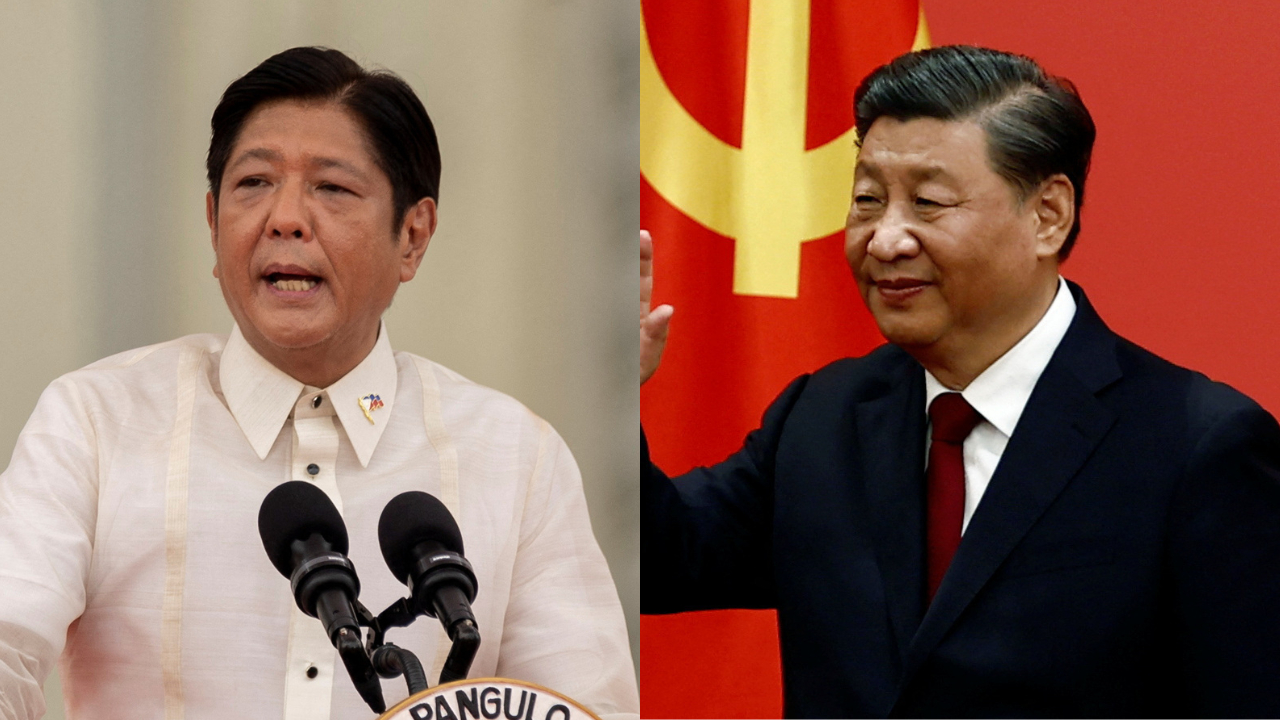
Philippines President Ferdinand “Bongbong” Marcos Jr. (left) and Chinese President Xi Jinping | REUTERS file photo
MANILA, Philippines – Even as China is facing a fresh surge of COVID-19 cases, President Ferdinand Marcos Jr. will still be flying to the country for a state visit slated from January 3 to 5, 2023.
Foreign Affairs Assistant Secretary Nathaniel Imperial on Thursday said Marcos’ upcoming trip to China is considered “of great significance” as it will be his first state visit to a non-Asean country since assuming the presidency last June.
“There is an expectation that the state visit will set the tone of bilateral relations between the two countries in the next five to six years,” Imperial said in a press briefing at the Malacañang Palace.
But China is currently experiencing a record surge of COVID-19 cases nationwide.
READ: China’s cities battle first wave of COVID-19 surge as wider spread looms
Imperial, however, pointed out that Marcos’ state visit to China, upon the invitation of his Chinese counterpart Xi Jin Ping, is not a commitment that can easily be postponed.
READ: Marcos Jr. accepts Xi’s invite to visit China
“May mga bisita na hindi natin pwedeng i-postpone,” he said.
(There are types of visits that we can’t postpone.)
“Ang ating ugnayang panlabas sa China ay napaka importante. We have received assurances from our Chinese host that all arrangements are being made to ensure the President’s and his delegation’s safety during the visit.”
(Our external relations with China is very important.)
Imperial also noted that a bubble arrangement for Marcos and his Philippine delegation will be followed “to minimize the risk of exposure to the virus.”
“Every precaution is being undertaken to ensure that the delegation is not infected and does not bring back the new variants of the virus to the Philippines,” he added.
Marcos, according to Imperial, will be joined by First Lady Liza Marcos, former President and House Senior Deputy Speaker Gloria Macapagal-Arroyo, House Speaker Martin Romualdez, Foreign Affairs Secretary Enrique Manalo “and other Cabinet secretaries whose presence may be needed to sign bilateral agreements with their Chinese counterparts.”

